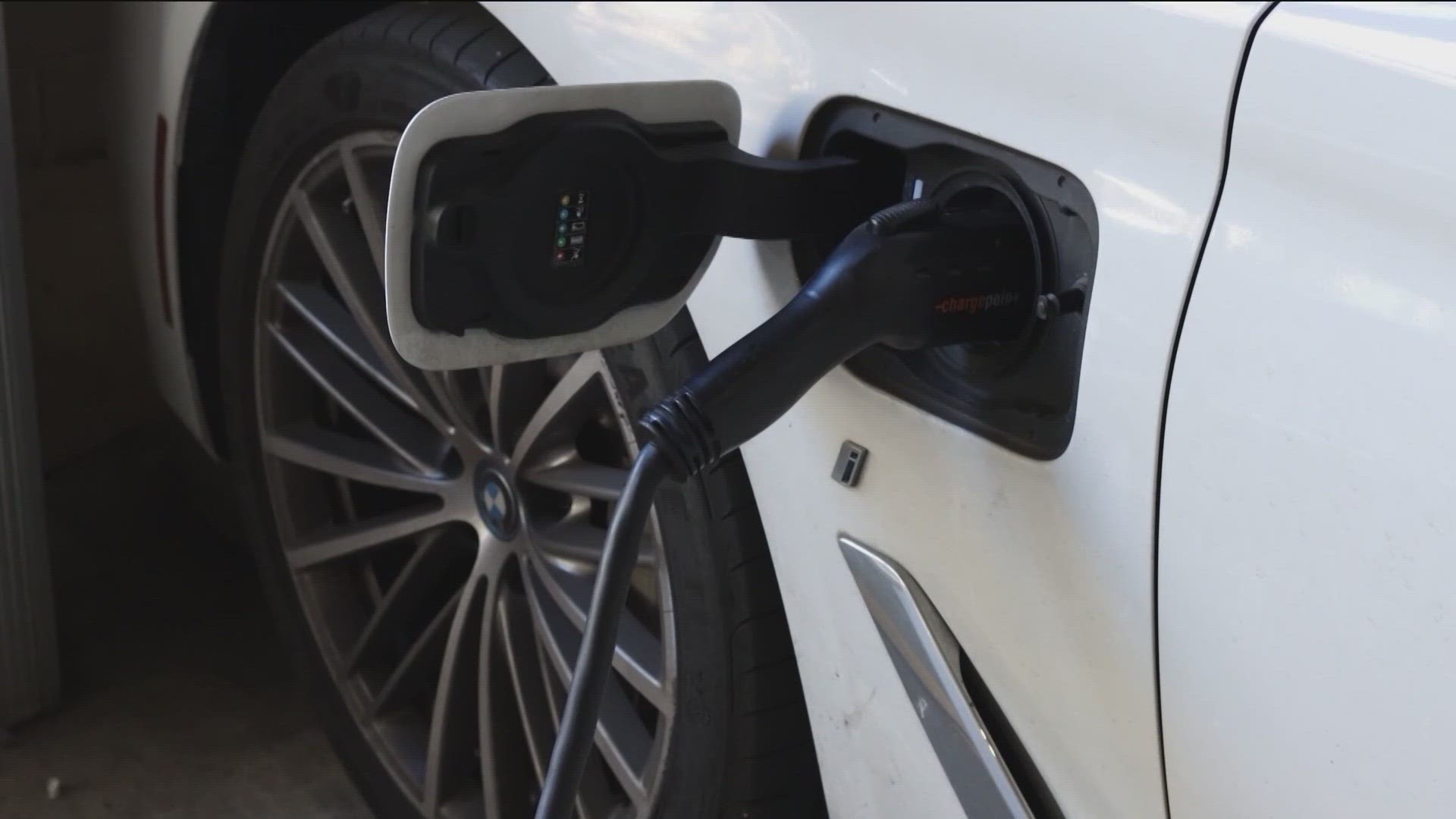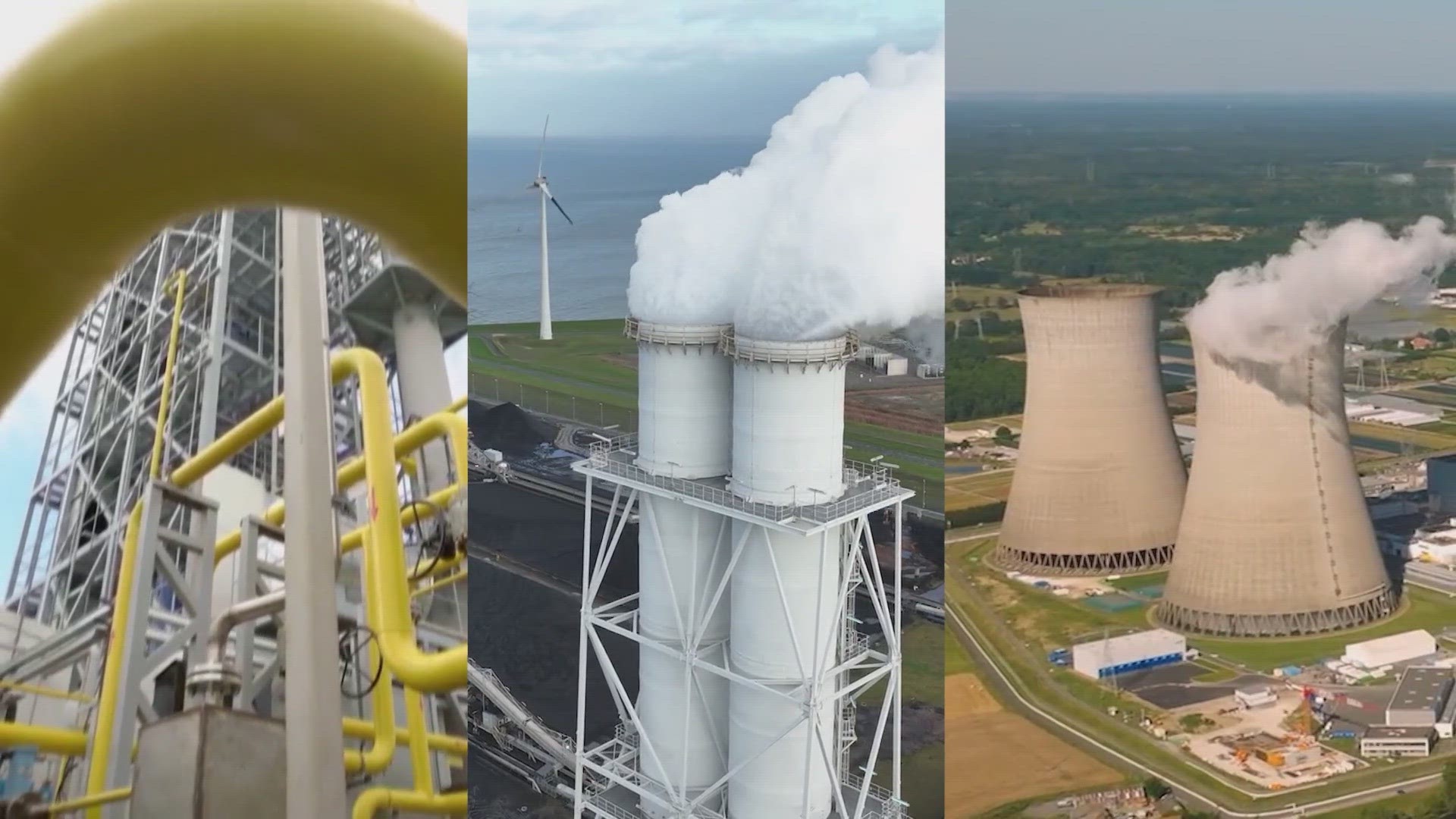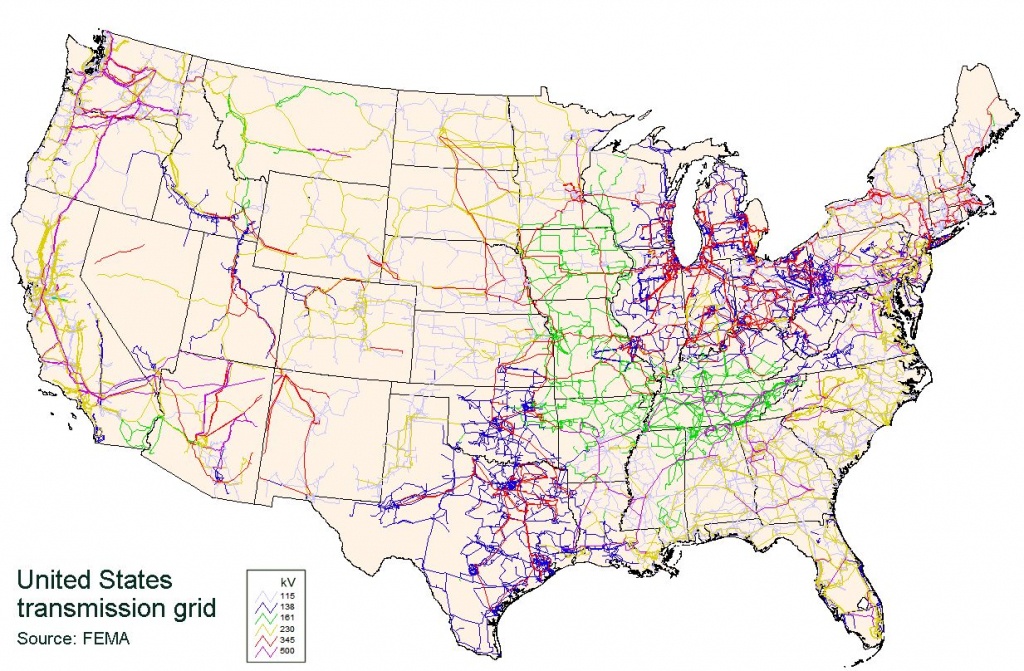

Last Monday, after 300,000 homes went without power across Texas, the state's power operator asked residents to cut back on air conditioning and appliance use to limit demand on its heat-stressed grid. households experienced an average of more than seven hours of power outages, the majority caused by extreme weather events, Energy Information Administration (EIA) data shows, compared with just over four hours in 2016. Last summer, California told citizens to conserve energy to prevent strain on its grid, while a cold snap in December led to the temporary closure of oil refineries in the Gulf. Brandon Bell/Getty ImagesĪmerica's electricity grid is already facing stress from increased electricity demand and a growing number of climate change-linked extreme weather events that impact power lines and energy generators. Extreme temperatures across the state have prompted the National Weather Service to issue excessive heat warnings and heat advisories that affect more than 40 million people.

Joshua Rhodes, a research scientist at the University of Texas' Energy Institute, told the Washington Post: "Just about every single air conditioner in those regions is going to want energy at the same time."Īn electric generator field at the Austin Energy/Sand Hill Energy Center on June 20, 2023, in Austin, Texas. Local experts are expecting Texas' energy grid to face a "real test" in the face of the oncoming hot spell. It said on Sunday that parts of the Lone Star state had already experienced a yearly record number of hours of "dangerously high heat," with the greatest danger coming at the start of the July 4 holiday week. Temperatures are expected to peak above 100 degrees Fahrenheit over the course of the week, with a small chance of rain at the weekend. The National Weather Service has issued excessive heat warnings for the southwest, including most of Texas and parts of New Mexico and Arizona. As the hot sun continues to blaze, eyes are turning to its growing battery storage capacity.

As Texas' power grid sears under an "oppressive and persistent" heat wave, it's facing renewed strain to keep electricity flowing to households across the state.


 0 kommentar(er)
0 kommentar(er)
